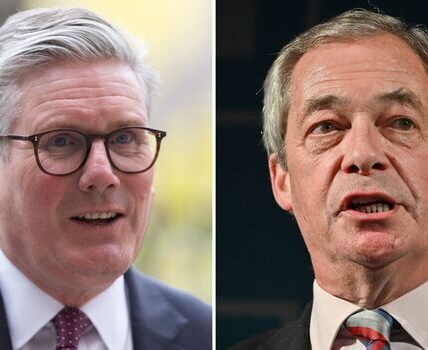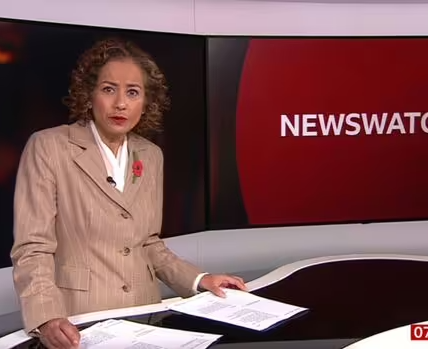The Chancellor has scrapped plans to increase income tax rates because of a backlash from Labour colleagues but her new plan is even worse.

UK Chancellor of the Exchequer Rachel Reeves has u-turned over income tax (Image: Getty)
Rachel Reeves has bottled it. With less than two weeks to go before her Budget, she’s scrapped plans to increase income tax because of fears about how voters, and her own Labour colleagues, would react. But her new plan may be even worse. Because she’s now looking at freezing or reducing income tax thresholds – meaning people in low incomes, including pensioners and hard-working employees on the minimum wage, are hit hard. She’s also likely to ensure more working people on reasonable wages find themselves paying the higher 40% tax rate – which was once designed only to affect the rich.
There was a time when the contents of a Budget were kept carefully under wraps until they were announced in Parliament. This time, however, Ms Reeves made sure the whole world knew in advance that she planned to break a manifesto pledge not to increase rates of income tax, VAT or National Insurance. For example, she told the BBC: “It would, of course be possible to stick with the manifesto commitments, but that would require things like deep cuts in capital spending.” Given that she also said she didn’t want to cut capital spending, because that would hurt economic growth, the message was clear.
However, some Labour colleagues were worried. Labour’s deputy leader, Lucy Powell, said breaking manifesto promises would damage trust in politics.
Even Cabinet Ministers expressed concerns behind the scenes, and today Health Secretary Wes Streeting made it clear that he opposed putting up income tax. He told LBC: “I’m not in favour of breaking manifesto pledges”.
There are reports today that new economic data will show the Chancellor’s Budget black hole isn’t as big as she feared. That will mean taxes don’t have to go up as much.
We can only hope that is indeed what the figures show, when they are published on November 26. But the fact remains that Ms Reeves needs to find some extra money from somewhere. The only question is how much.
And her new plan is to cut thresholds – which is really just another way of putting up income tax. She believes this is politically less damaging than simply putting up the income tax rate, because the impact isn’t quite to obvious to voters.
At the moment, the threshold is £12,570. If your total income is less than that, then you don’t pay income tax.
The full new state pension is £11,973, and if you don’t get the full amount, or get the older “basic” state pension, you will receive less.
But if the threshold is cut, or remains frozen while the pension rises due to inflation, then increasing numbers of people who depend entirely on the state pension to stay alive will find the taxman is taking some away.
The same is true of workers, perhaps some of them only able to work part time, who are on low salaries.
Using thresholds to increase the tax take will affect millions – but it’s the people on the lowest incomes who are hit hardest.
The Chancellor’s u-turn is already causing problems. Because of the UK’s huge debts, the Government has to convince people trading government bonds (called gilts) that it knows what it’s doing. If markets lose confidence then the cost of borrowing rises.
That also contributes to higher inflation – which makes it harder for the Bank of England to cut interest rates, and keeps mortgage costs high.
Today, there are signs that chaos at the top of government is indeed damaging confidence. The nation is paying a heavy price for Sir Keir Starmer and Rachel Reeves’s inability to make a decision and stick to it.

